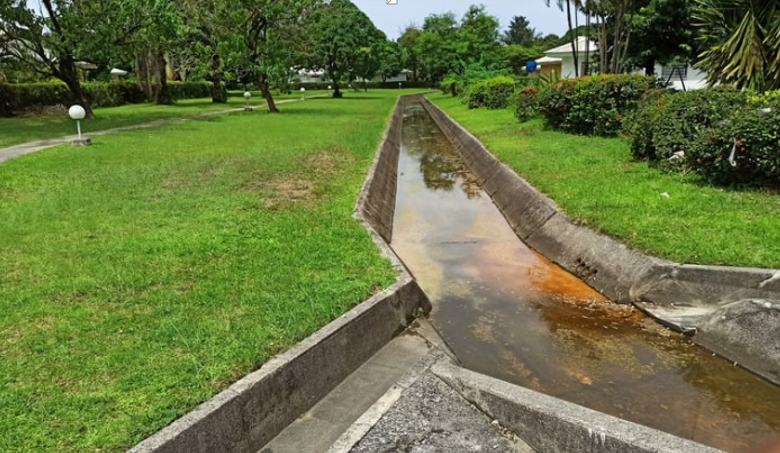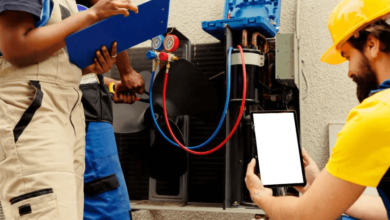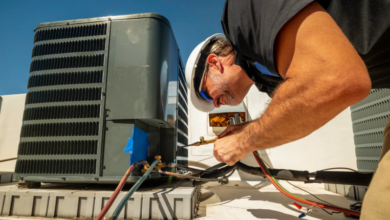5 Common Drainage Mistakes Homeowners Make

Proper drainage is crucial for protecting both a home and its surrounding landscape. Without an effective system, water can cause structural damage, soil erosion, and foundation issues. Many homeowners, however, overlook critical details when it comes to drainage planning and upkeep. Addressing these mistakes early can prevent costly repairs and improve the overall health of the property. Professional solutions for residential drainage in Atlanta are essential to ensure long-term protection and efficiency.
Mistake 1: Ignoring the Importance of Proper Drainage Design
One of the most common errors is underestimating the role of design. Drainage systems must be tailored to the property’s slope, soil type, and local weather conditions. A poorly designed system can trap water instead of diverting it away, leading to standing water and soil saturation. Understanding key points from a homeowner’s guide to house drainage systems helps reveal why proper design is foundational for long-term effectiveness.
Mistake 2: Poor Placement of Downspouts
Downspouts that empty too close to the home’s foundation often cause basement flooding and structural weakening. Redirecting them several feet away is critical for protecting both the foundation and landscaping. Professionals ensure correct placement while also integrating extensions or underground piping to channel water safely away from vulnerable areas.
Mistake 3: Overlooking Maintenance
Even a well-installed system requires regular care. Leaves, dirt, and debris often clog drains, gutters, and pipes, reducing their effectiveness. Routine inspections and cleaning are vital to prevent water backup and overflow. Neglecting this step leaves homes vulnerable to water damage during heavy rainfall.
Mistake 4: Using the Wrong Materials
Some homeowners choose cheaper materials without considering durability. Lightweight piping, for example, may collapse under pressure, while shallow installations may freeze during cold weather. Using professional-grade materials ensures longevity and performance, especially in regions with varying seasonal conditions.
Mistake 5: Ignoring Environmental Benefits
Efficient drainage systems do more than protect homes; they also support environmental health. Properly managed water reduces erosion, preserves soil structure, and minimizes runoff pollution. Highlighting the environmental benefits of efficient residential drainage systems shows how responsible planning not only safeguards property but also contributes to the wider ecosystem.
See also: Why Basement Remodeling is a Smart Investment for Homeowners
Why Professional Expertise Matters
Addressing drainage mistakes often requires more than quick fixes. Experts assess grading, soil permeability, and water flow patterns to develop lasting solutions. This professional insight ensures that systems are not just functional but optimized for both home protection and environmental sustainability. They also provide tailored recommendations that match the property’s unique conditions. By relying on expertise, homeowners gain peace of mind knowing their drainage systems will perform effectively for years.
Conclusion
Avoiding these five mistakes, poor design, misaligned downspouts, lack of maintenance, low-quality materials, and overlooking environmental benefits, can save homeowners from expensive repairs and property damage. Partnering with specialists in residential drainage ensures water is managed effectively, foundations are protected, and yards remain healthy. A proactive approach to drainage safeguards both the home and its long-term value. It also helps prevent recurring issues that often worsen over time if left untreated. With the right solutions in place, homeowners can enjoy durable protection and a healthier outdoor environment.





